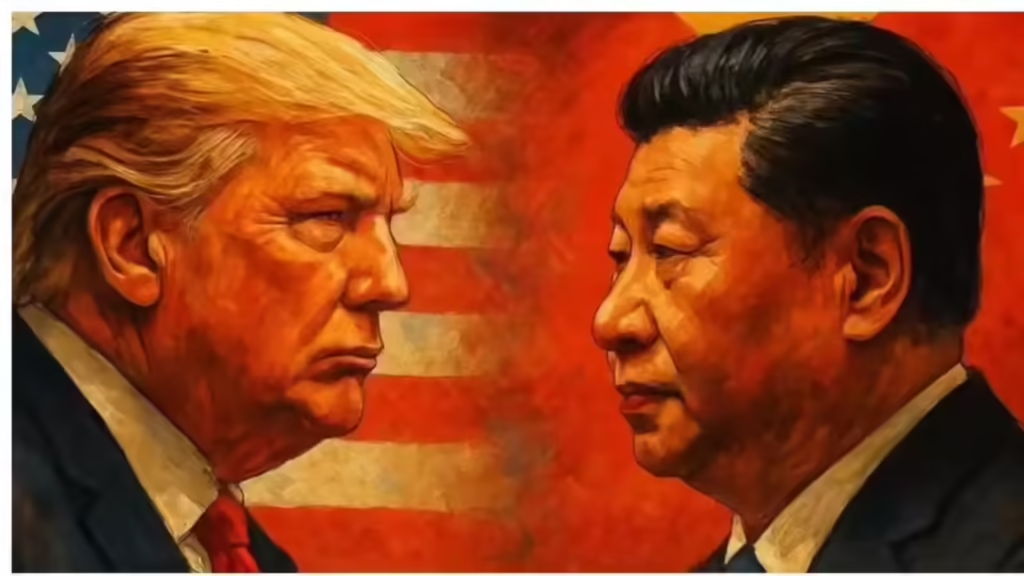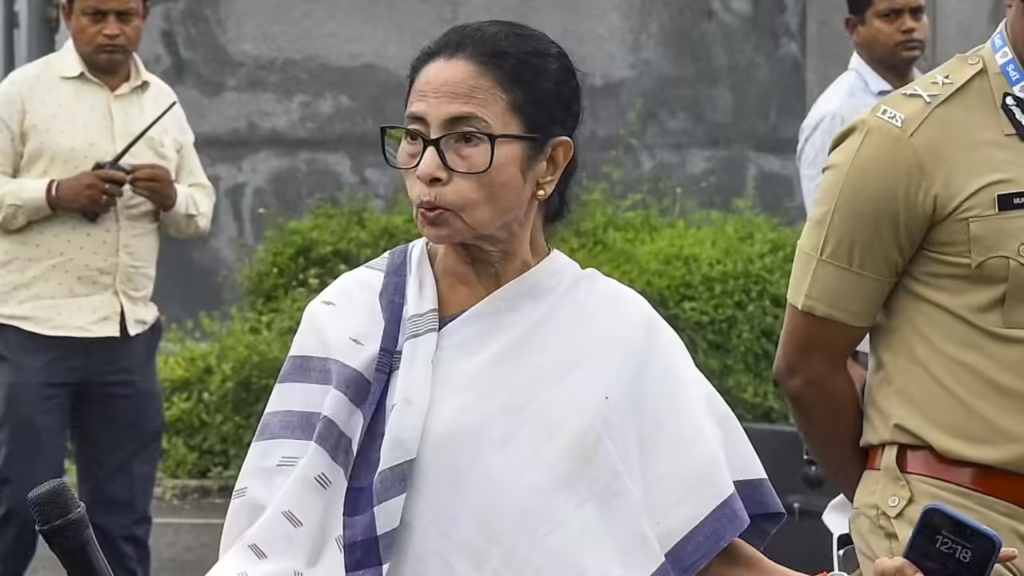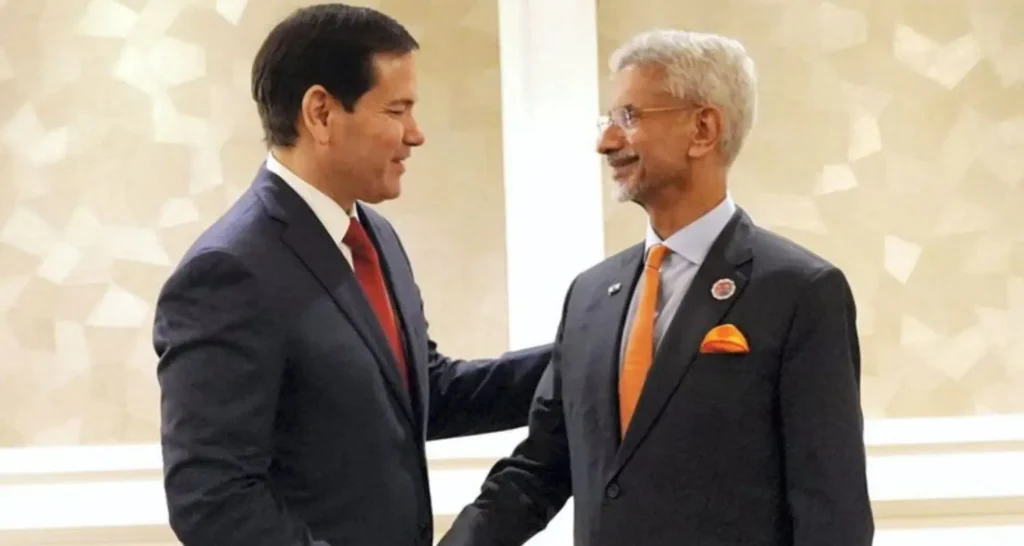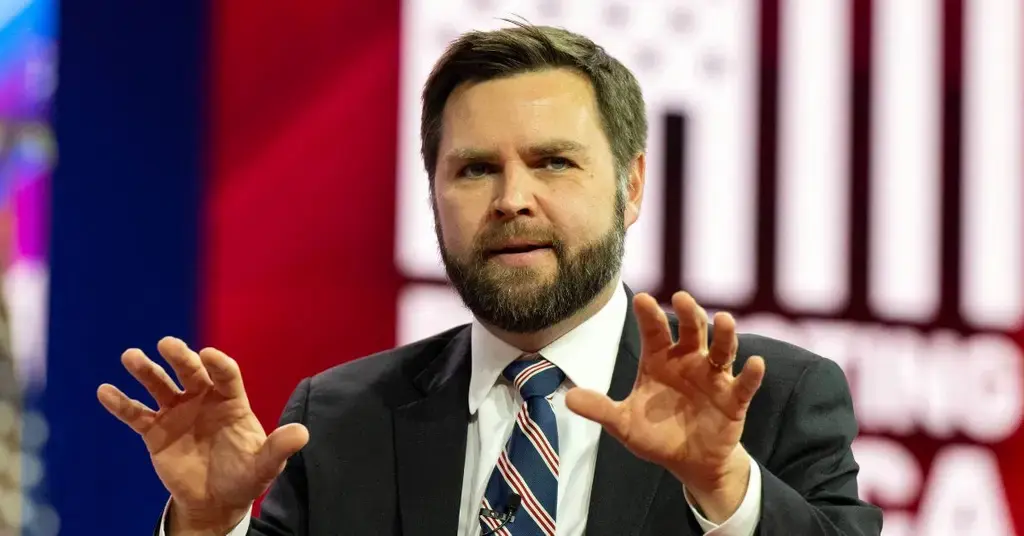Now Reading: Robert F. Kennedy Jr. Dismisses Entire CDC Vaccine Panel in Move to ‘Regain Public Trust’
-
01
Robert F. Kennedy Jr. Dismisses Entire CDC Vaccine Panel in Move to ‘Regain Public Trust’
Robert F. Kennedy Jr. Dismisses Entire CDC Vaccine Panel in Move to ‘Regain Public Trust’

In a major shake-up that has drawn attention across the US and beyond, presidential candidate Robert F. Kennedy Jr. has announced the removal of all members from the CDC’s vaccine advisory committee. He claims the decision is aimed at rebuilding public trust in health policies. While this bold step is sparking debate in America, it also raises eyebrows internationally, including in India, where vaccine confidence remains a key public health issue.
Panel Dismissal Sparks National Debate
Robert F. Kennedy Jr., a known critic of certain vaccine policies, stated that the panel had lost credibility with the public. By dissolving the current team, he says he hopes to create a more transparent and accountable system for future health decisions.
This move has triggered a wave of responses — some praising the action as necessary reform, while others worry it could lead to misinformation or erode trust in scientific institutions.
Concerns Around Vaccine Confidence
Health professionals have expressed concern that the dismissal could confuse the public and create space for anti-vaccine narratives. The CDC’s vaccine advisory group plays a critical role in making recommendations based on scientific evidence. Removing its members without a clear replacement strategy could delay or disrupt national immunization plans.
Meanwhile, Kennedy’s team has insisted that new members will be selected soon, with an emphasis on independence and broader public representation.
Why It Matters to India
India, especially in Tier 2 and Tier 3 cities, has seen significant progress in vaccine awareness following the COVID-19 pandemic. However, misinformation continues to be a challenge in digital spaces. Moves like this from global figures often echo in Indian social media circles and could influence opinions.
Health authorities in India may need to monitor such global developments to ensure they do not impact local vaccine outreach or public perception.
Balancing Reform With Responsibility
While Kennedy argues that institutional reform is long overdue, critics point out that sudden removals without a transition plan risk undermining public health credibility. They caution that trust cannot be restored by breaking down systems without offering a stronger, science-backed alternative.
The debate also brings up larger questions about the role of politics in public health, and where the balance should lie between transparency and stability.
Conclusion
Robert F. Kennedy Jr.’s decision to overhaul the CDC vaccine panel marks a dramatic shift in how health governance might be approached under his leadership. While the intention to rebuild trust may resonate with some, the manner of execution has raised valid concerns. For countries like India, the episode highlights the global ripple effect of public health decisions and the importance of steady, science-based communication to maintain public confidence.

























